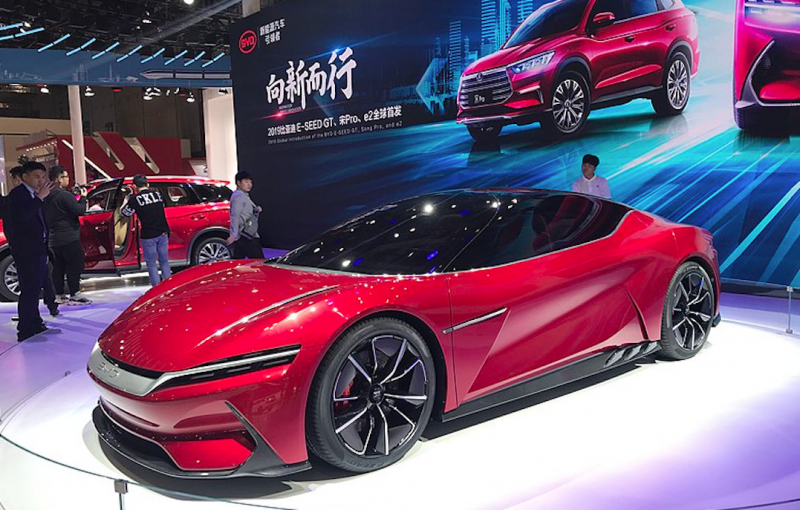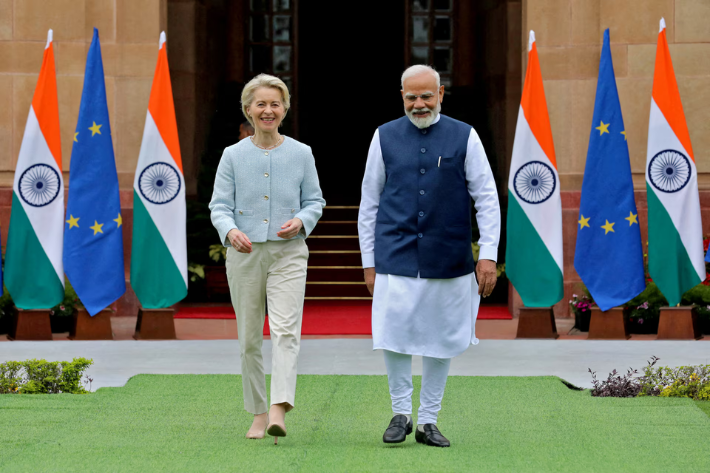Imagine an electrical vehicle battery that can increase energy density per unit of volume by 50%, improve safety and enable a car to travel up to 600 kilometres on a single charge.
It appears the latter has been achieved, as Chinese electric carmaker BYD unveiled a new blade-shaped battery on Sunday, saying that many carmakers have shown interest in the space-saving and safer product, China Daily reported.
He Long, president of BYD’s battery business unit FinDreams, said, “Almost all carmakers you have heard of are in talks with us in terms of technical cooperation.”
He said the company has started mass production of the blade battery at its Chongqing plant, the report said.
Thanks to its structure, the battery can better use the space in the battery pack that drives an electric vehicle. BYD said it can increase the energy density per unit of volume by 50%. In other words, it can enable cars that can run 400 km on one charge to travel up to 600 km, the report said.
The structure and the materials used make lithium iron phosphate batteries much safer than the commonplace ternary lithium batteries, which outperform in range but have poor thermal stability, the report said.
BYD Chairman Wang Chuanfu said lithium iron phosphate batteries were mainstream products in the early development stages of the electric car sector, but as customers wanted cars with longer ranges, many carmakers have gradually replaced them with ternary lithium products, the report said.
“But their widespread use has resulted in the rise of electric vehicle fire accidents,” said Wang.
He said that BYD will not keep the technology to itself, and hopes the product can attract carmakers to go back to lithium iron phosphate products, the report said.
Ouyang Minggao, a professor of auto engineering at Tsinghua University, said customers are most concerned about safety when they consider electric vehicles, especially after a number of fire accidents occurred last year, the report said.
The blade battery has passed extreme test conditions, such as being crushed, bent, being heated in a furnace to 300°C and overcharged by 260%, giving it the potential to redefine safety in the sector, Saur Energy International reported.
It also successfully passing a nail penetration test, which is seen as the most rigorous way to test the thermal runaway of batteries.
BYD’s first model to sport the new blade battery will be a sedan called Han. Scheduled to hit the market in June, it will have a range of 600 km on one charge.
























